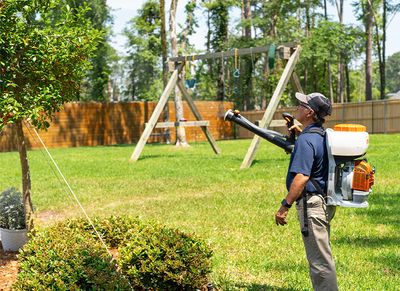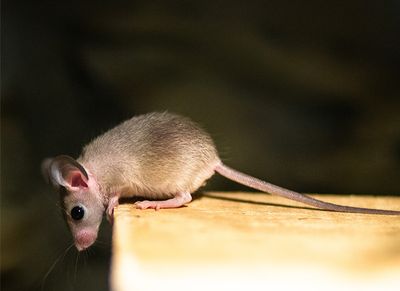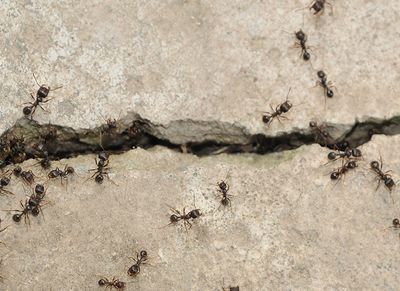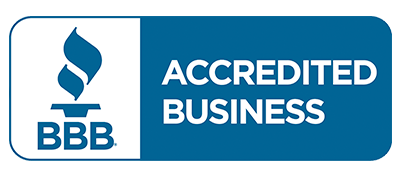What do mice look like?
Mice are small rodents that can grow up to 7 ¾ inches long from nose to tail. They are covered in brown and gray hairs and have lighter underbellies, tiny black eyes, long whiskers, large ears, and long tails that are covered in a light layer of fur.
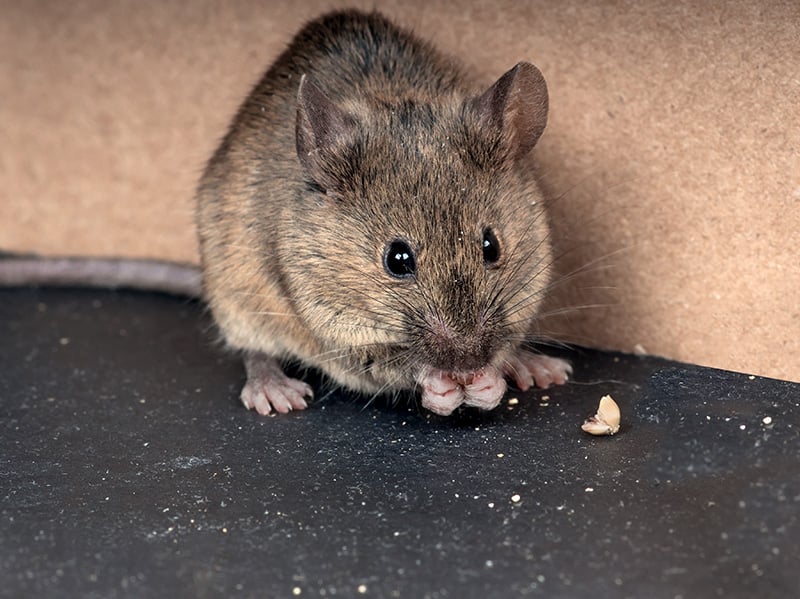
When are mice most active?
What do mice eat?
A little mouse will eat nearly anything, but it prefers seeds, nuts, grains, and fruit. In your yard, it will survive well on bird seed that falls from feeders. It will also get into your trash. Indoors, it will eat food debris off the floor and chew holes to access stored foods, particularly bread and cereal.
Do mice cause damage?
Mice are rodents. One notable characteristic of rodents is their ability to use their teeth to gnaw through wood, creating entrance and exit holes in walls and causing damage to homes and belongings. Additionally, mice leave behind excrement and urine, which can contaminate the areas they explore.
Are mice dangerous?
A mouse is not considered a direct threat to humans as it is a timid creature, but if one gets into your home, it can create problems. Mice do many things inside your home that can risk your health and safety. One that is often overlooked is the fact that mice chew on wires. This is a fire hazard. They also contaminate food and areas where food is prepped or stored with their urine and droppings. This can lead to serious health issues.
Are mice nocturnal?
Yes, mice are primarily nocturnal. Their bodies and natural abilities allow them to navigate easily in the dark, and darkness protects them from predators. However, a mouse will turn to daytime activity if necessary for survival.
Where do mice nest?
In nature, mice are typically found nesting in tree cavities, logs, spaces between rocks, and ground holes. If there is a small hole or opening on the exterior of a house or building, they may squeeze their bodies inside and gnaw on it to make it larger. Once inside, mice often nest in areas with little human traffic, such as wall voids, attics, closets, and garages. Property owners may also find these rodents nesting close to food sources, such as behind kitchen appliances and under sinks.
How can I tell if I have a mouse problem?
The most obvious warning sign of a mouse infestation are noises in the walls or ceilings. Other signs of a mouse problem include:
- Tiny black droppings in nesting areas and near food sources.
- Small holes in building materials
- Finding nests in your belongings or storage areas.
- Seeing a live mouse in the house.
How did mice get inside my house?
There are a few common ways mice enter homes. As you look for signs of entry, keep in mind that a mouse can enter through a hole about the size of a dime. Here are a few ways mice sneak indoors:
- Tiny holes in weatherstripping.
- Openings around utility entrances.
- Small holes around windows and doors.
- Cracks or openings in foundation.
- Open garage doors.
- Damaged siding.
- Gaps or holes near roofline.
- Broken vents.
A mouse can enter any small gap, crack, hole, or cavity in your exterior. Look low and high. Mice are adept climbers and are able to scale some exteriors all the way to the roofline.
How do I get rid of mice?
If you have discovered a mouse problem in your home, we highly recommend signing up for our residential pest control service. This service includes regular treatments and protection from over 20 common house-infesting pests, including mice! We also offer commercial pest control services that help business owners and managers eliminate rodents.
How can I keep mice out?
To make your property less appealing to mice, we recommend:
- Removing food sources in your yard, such as accessible trash, seeds, fallen fruit, vegetables from the garden, and even dog feces.
- Storing food properly indoors so that mice cannot get to it.
- Keeping the kitchen spotless.
- Fixing leaks and other plumbing problems indoors and outside.
- Seal all potential entry points.

Testimonials


Our Services
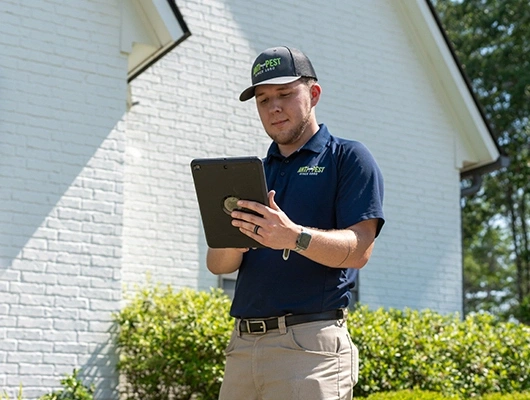
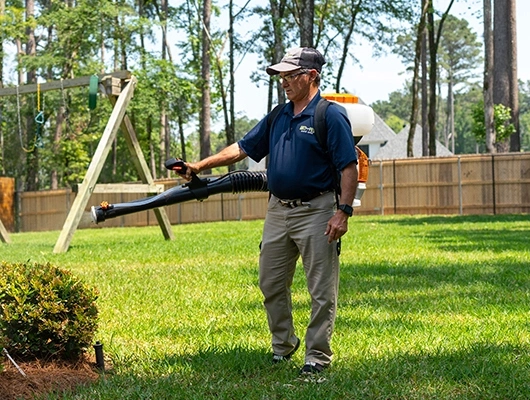
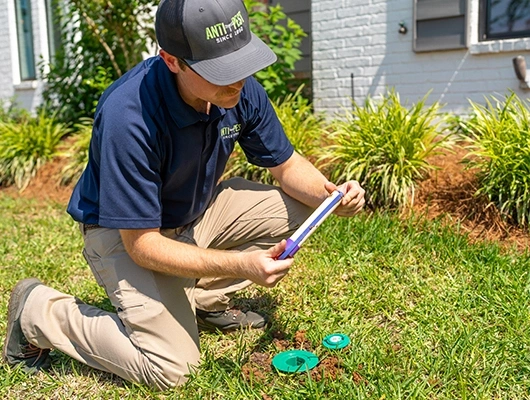
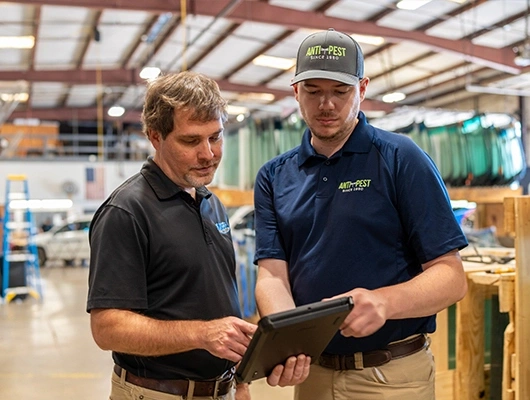
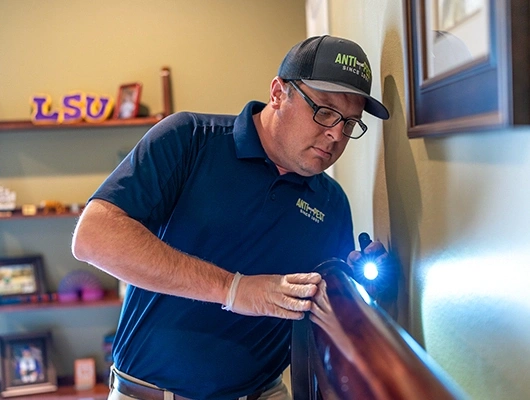
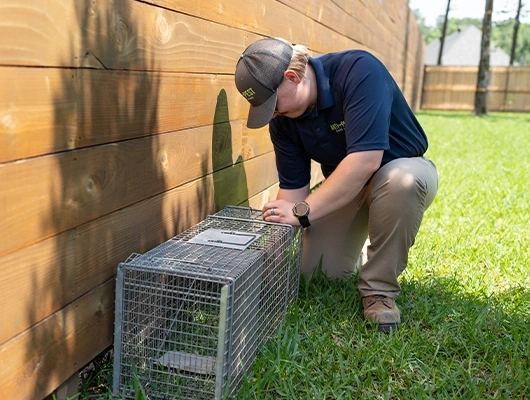
News, Blogs, & Articles
Anti-Pest Blog
